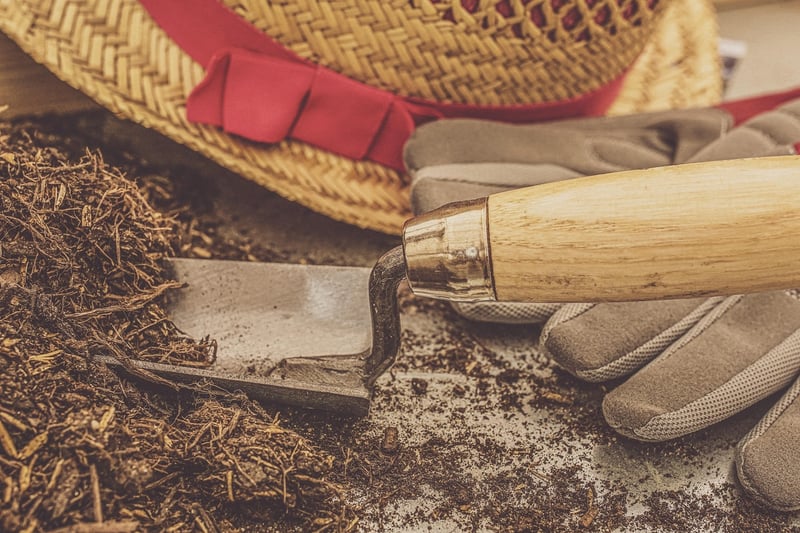Soil Maintenance
Tips for Healthy Plants and Soil Maintenance
Introduction
Keeping your plants healthy and maintaining good soil quality are essential for a thriving garden or indoor plant collection. Here are some tips to help you achieve lush, vibrant plants through proper care and soil maintenance.
1. Choose the Right Plants
Before planting, research the specific needs of each plant variety such as sunlight requirements, watering frequency, and soil type. Select plants that are suitable for your climate and the conditions in your garden or home.
2. Watering
Water your plants appropriately based on their individual needs. Overwatering can lead to root rot, while underwatering can cause wilting. Use a watering can or a drip irrigation system to provide consistent moisture.
3. Soil Quality
Ensure your soil is well-draining and rich in nutrients. Regularly amend your soil with compost or organic matter to improve its structure and fertility. Test your soil pH levels and adjust as needed for optimal plant growth.
4. Mulching
Applying a layer of mulch around your plants helps retain soil moisture, suppresses weeds, and regulates soil temperature. Use organic mulches like shredded bark, straw, or leaves for best results.
5. Fertilizing
Provide your plants with essential nutrients by fertilizing them regularly. Choose a balanced fertilizer or one specific to the type of plants you are growing. Follow the instructions on the label to avoid over-fertilizing.
6. Pruning and Deadheading
Regularly prune your plants to promote healthy growth and remove dead or diseased branches. Deadheading, the removal of spent flowers, encourages new blooms and prolongs the flowering period.
7. Pest and Disease Control
Monitor your plants for signs of pests or diseases and take prompt action to prevent infestations. Use natural remedies or environmentally friendly solutions to minimize harm to beneficial insects and the environment.
8. Rotate Crops
If you have a vegetable garden, practice crop rotation to prevent nutrient depletion and reduce the buildup of pests and diseases in the soil. Rotate plants within different families to maintain soil health.
Conclusion
By following these tips for healthy plants and soil maintenance, you can create a flourishing garden or indoor plant oasis. Remember that each plant is unique, so observe, learn, and adjust your care routine to meet their individual requirements.


